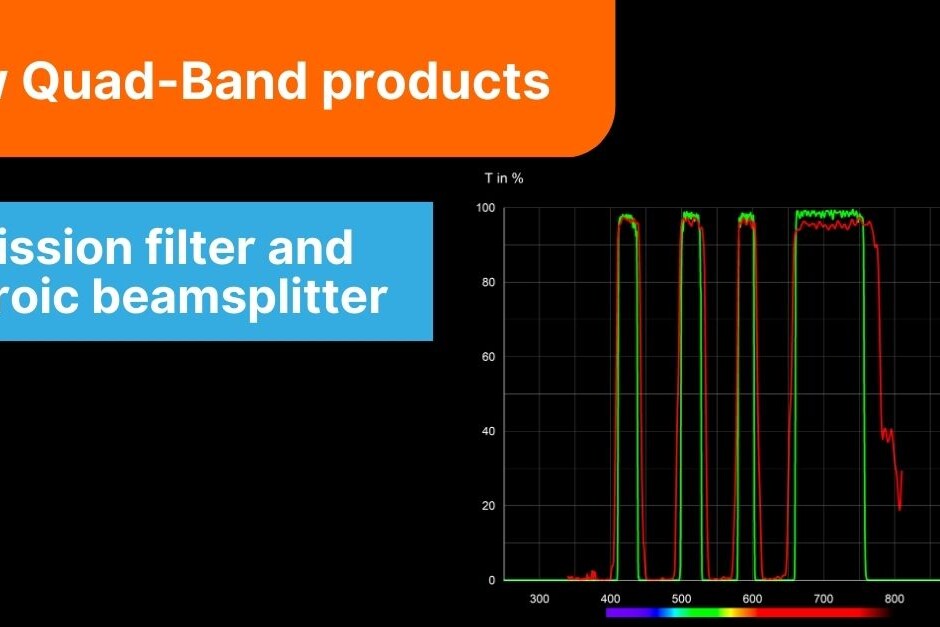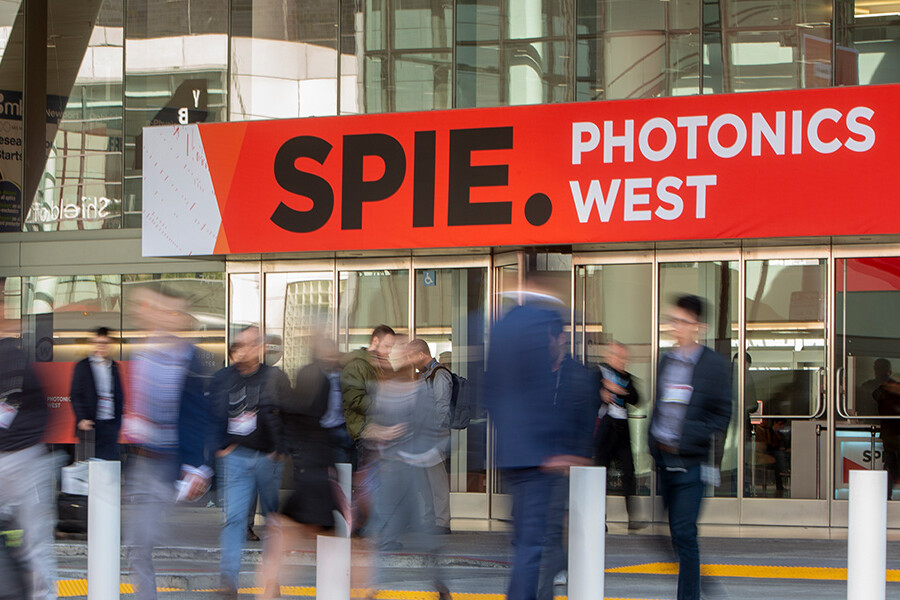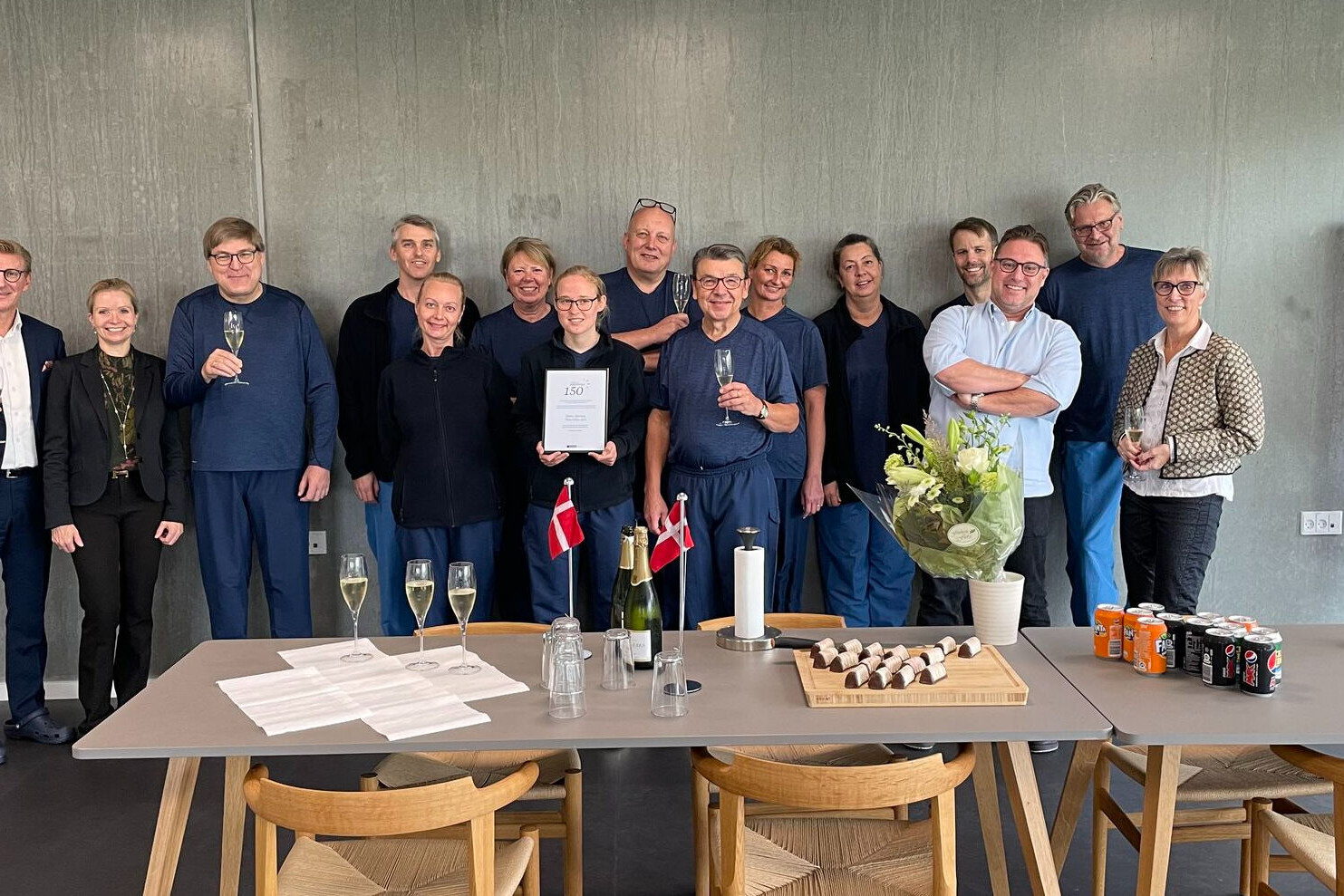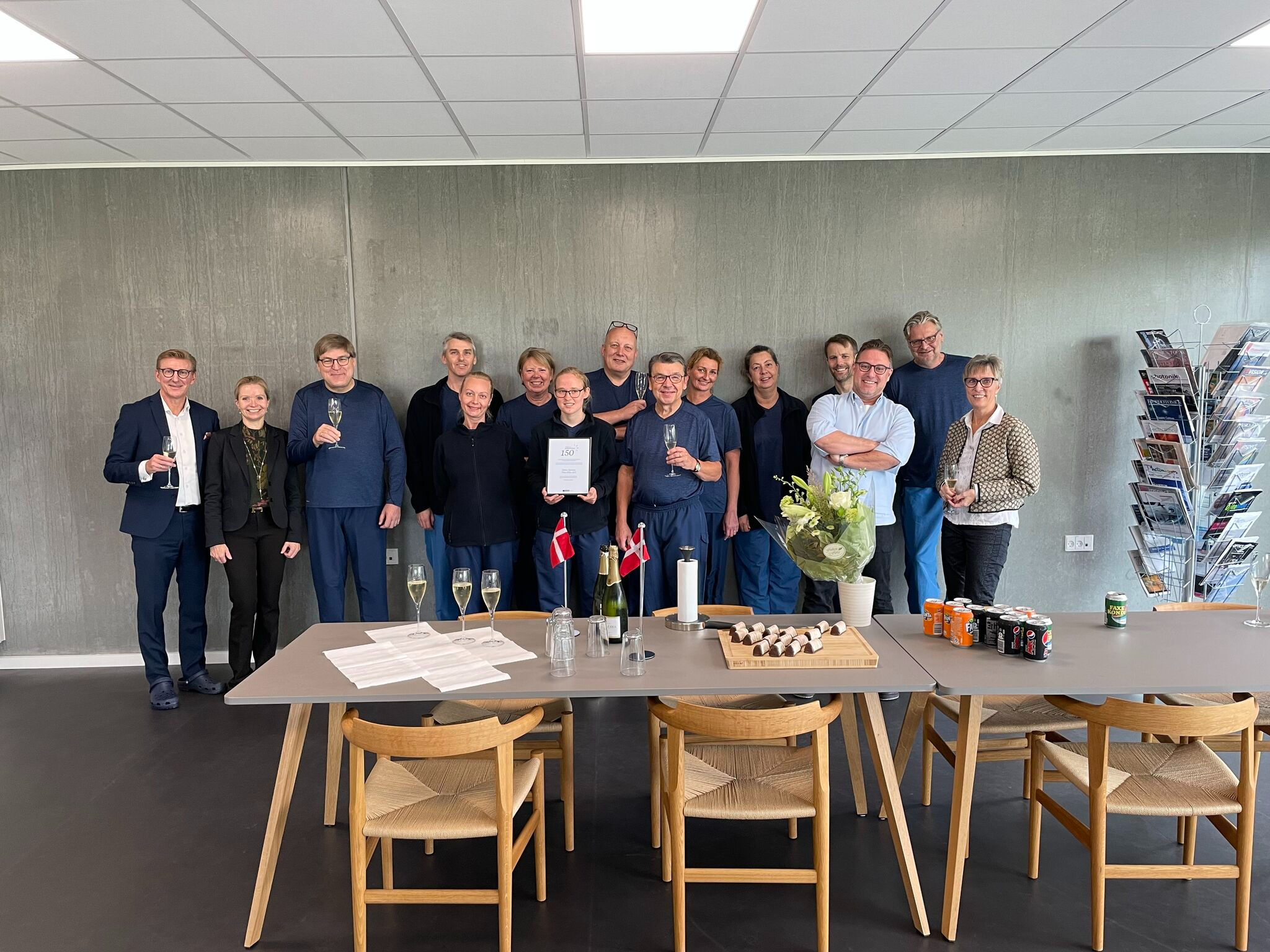A Danish technology firm is converting a medical apparatus to enable it to test for coronavirus.
In fourteen days, the Danish medical device producer Qlife modified its transportable analysis instrument so that it can test for SARS-CoV-2 in around 20 minutes.
By Bjørn Godske
bg@ing.dk
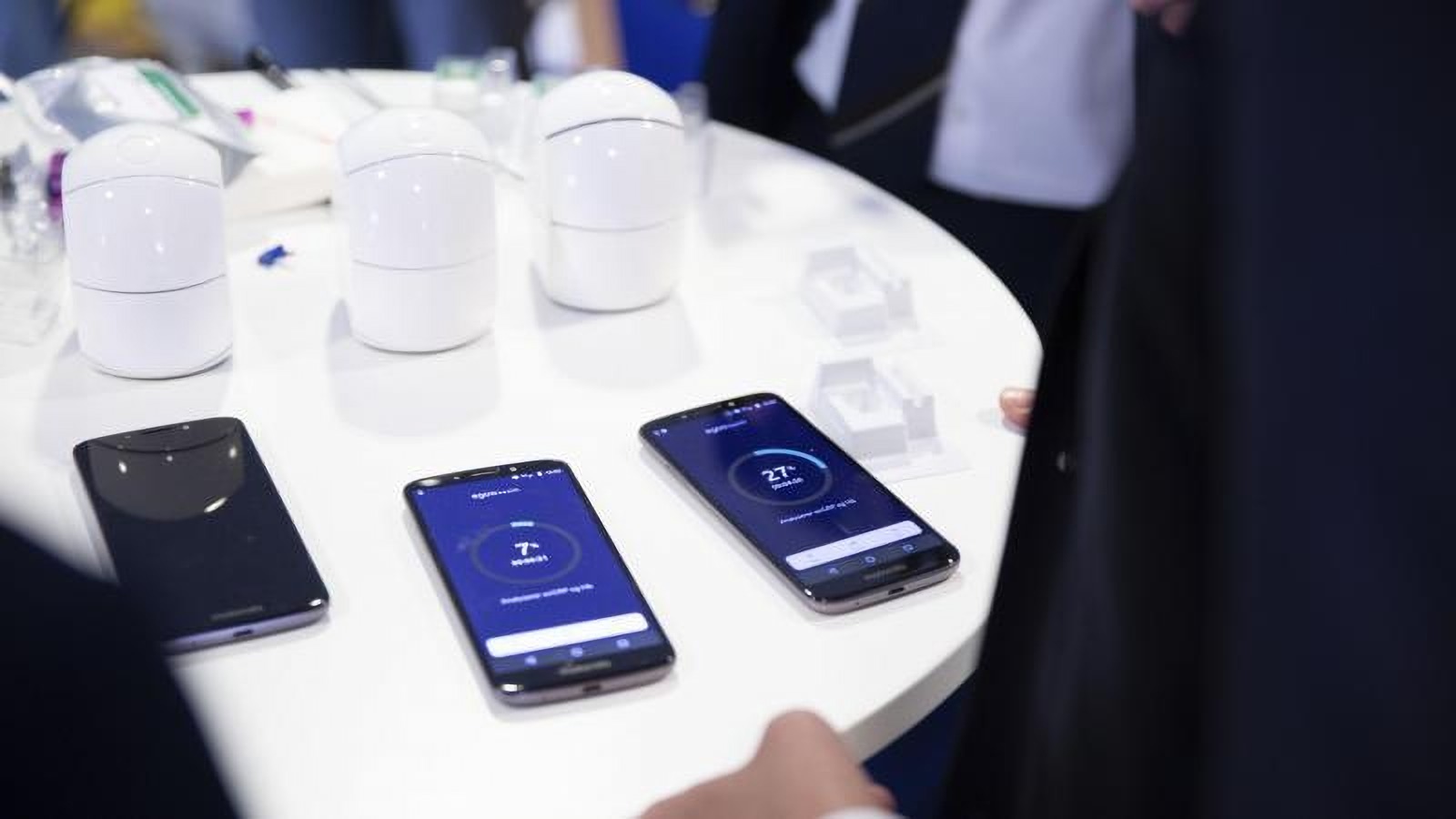
In record time, medical device producer Qlife has shown that a test for SARS-CoV-2 – the virus that causes the disease Covid-19 – can be integrated in their platform Egoo.Health. The testing device Egoo was developed to be able to test for a long list of bio-markers, but when the coronavirus outbreak gathered pace, management decided to act quickly. Ebbe Finding, who is Chief Technology Officer and co-founder of Qlife, explains:
“We already had plans to add a test for viruses to Egoo in the future, but with the current situation we went full steam ahead with developing it.”
Along with the Egoo.Health digital platform, the Egoo device has been in development for several years for the testing for a number of different bio-markers as a so-called Point-of-Care instrument – i.e. a device that can be physically moved to the patient in a hospital or to the general practitioner’s surgery.
In the longer term, it will be something the individual patient can have at home, just like many have their own blood pressure monitors at home today. Qlife became a listed company earlier this year, and the plan is to launch Egoo.Health for the testing of a number of bio-markers, for example, phenylalanine, haemoglobin, CRP (inflammation), ALAT (liver marker) etc.
Test integrated in platform
In the early stages of the current outbreak of the virus, the management in Qlife decided to try and add a test for the new virus to Egoo:
“With the outbreak of SARS-CoV-2, we rapidly got underway with testing it for the Egoo platform. The first step was to enter into an agreement with the Finnish company Aidian Oy on using their patented SIBA technology,” explains Ebbe Finding.
Therefore, the principle behind Egoo is also slightly different to that of the tried and tested RT-PCR method (Reverse Transcription Polymerase Chain Reaction), which is widely used in hospitals. The test time here is around four to six hours, and it must be conducted in a certified laboratory.
With the Finnish technology and the device from Qlife, the advanced laboratory equipment has been replaced by a process in which the sample, taken from the patient’s throat, can be tested at a constant temperature and thus does not need to undergo an advanced heating and cooling cycle, as is required in the case of RT-PCR:
“In practice, the patient takes a sample of saliva from their throat, the sample is put into a solution that releases the virus’s RNA, after which the solution is transferred to a capsule. The capsule is placed in Egoo, and after approximately 20 minutes, it is measured and the result is calculated and presented on a computer screen,” explains Ebbe Finding.
Optical filters developed and delivered in ten days
Central to Egoo are the optical filters that have to determine whether SARS-CoV-2 is present in the sample. A specific element of the virus’s RNA strand has been amplified, and a fluorescent molecule attaches itself to each new strand. This means that the sample is illuminated by light of a specific wavelength, the light is absorbed, and the fluorescent molecule begins to emit light of a longer wavelength. The more light is emitted from the fluorescent molecule, the greater the number of amplified strands. Here, it is important that the light that illuminates the sample, and the light from the fluorescent molecule are strictly separated so that the photodiode does not measure the light from the light source, but only the light from the fluorescent molecules.
Therefore, Qlife contacted Delta Optical Thin Film A/S, who have specialised in developing and producing optical filters for a long list of applications, for example, fluorescent microscopes and also Qlife’s Egoo. Here, everything else was put aside and an intensive development process was embarked upon. In just ten days, the team succeeded in developing, producing and testing the necessary filters.
“With our coating technology, that has been in development since the 1970s, we are able to let a single wavelength through, while we dim others by a factor of between 100,000 and a million times,” explains the company’s CTO, Henrik Fabricus.
With optical filters, the art is to add hundreds of dielectric layers with different refractive indices, and with extreme accuracy. The light filtering function is triggered in the event of interference between the inter-reflected light waves. In the present case, three different filters had to be used, and the team succeeded in getting them all right on the first attempt. Thereafter, the filters had to be cut out so that they can fit into small devices, such as Egoo. In the present case, the filters only measure 4×4 mm², but Delta Optical Thin Film is also able to manufacture filters that are even smaller.
Same price as a mobile phone
The next step in the development of Egoo for testing for SARS-coV-2 will be a standardised test at North Zealand Hospital. It is expected to get underway at the end of April, after which Ebbe Finding expects that patient samples that have already been collected will be tested to verify the results:
“Thereafter, we shall have capsules with reagents manufactured, and production of the Egoo device will be upscaled. When we can have the system in use in the hospitals depends on the validations we will be carrying out within the next four to six weeks. After that, we will decide what happens next,” he says.
Ebbe Finding estimates that the price of Egoo for testing for SARS-CoV-2 will be around the price level for a mobile phone – without revealing which one.
More reading
Read more about the instrument and test at https://www.egoo.health and https://www.egoo.health/sars-cov-2.
Related Posts
New products: Quad-band emission filter and beamsplitter
Delta Optical Thin Film now offers filters with up to four wavelength pass-bands for multi-spectral fluorescence instrumentation. The commercial…
17 januar 2024
Meet us at Photonics West 2024
We will be joining the BIOS Expo and Photonics West 2024 exhibitions from January 27th to February 1st. This is the largets photonics event in North…
3 januar 2024
